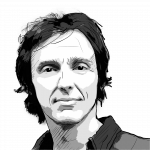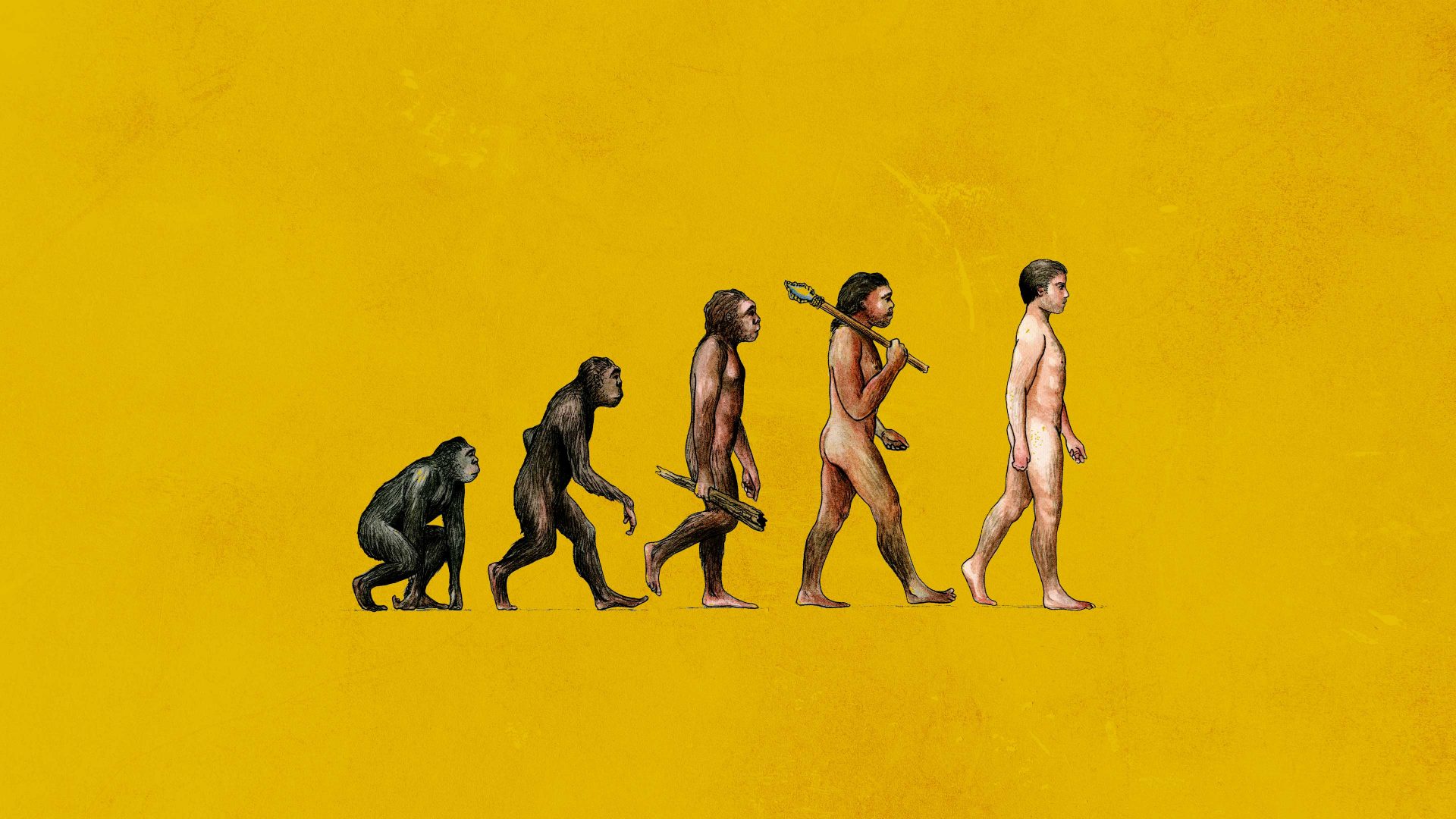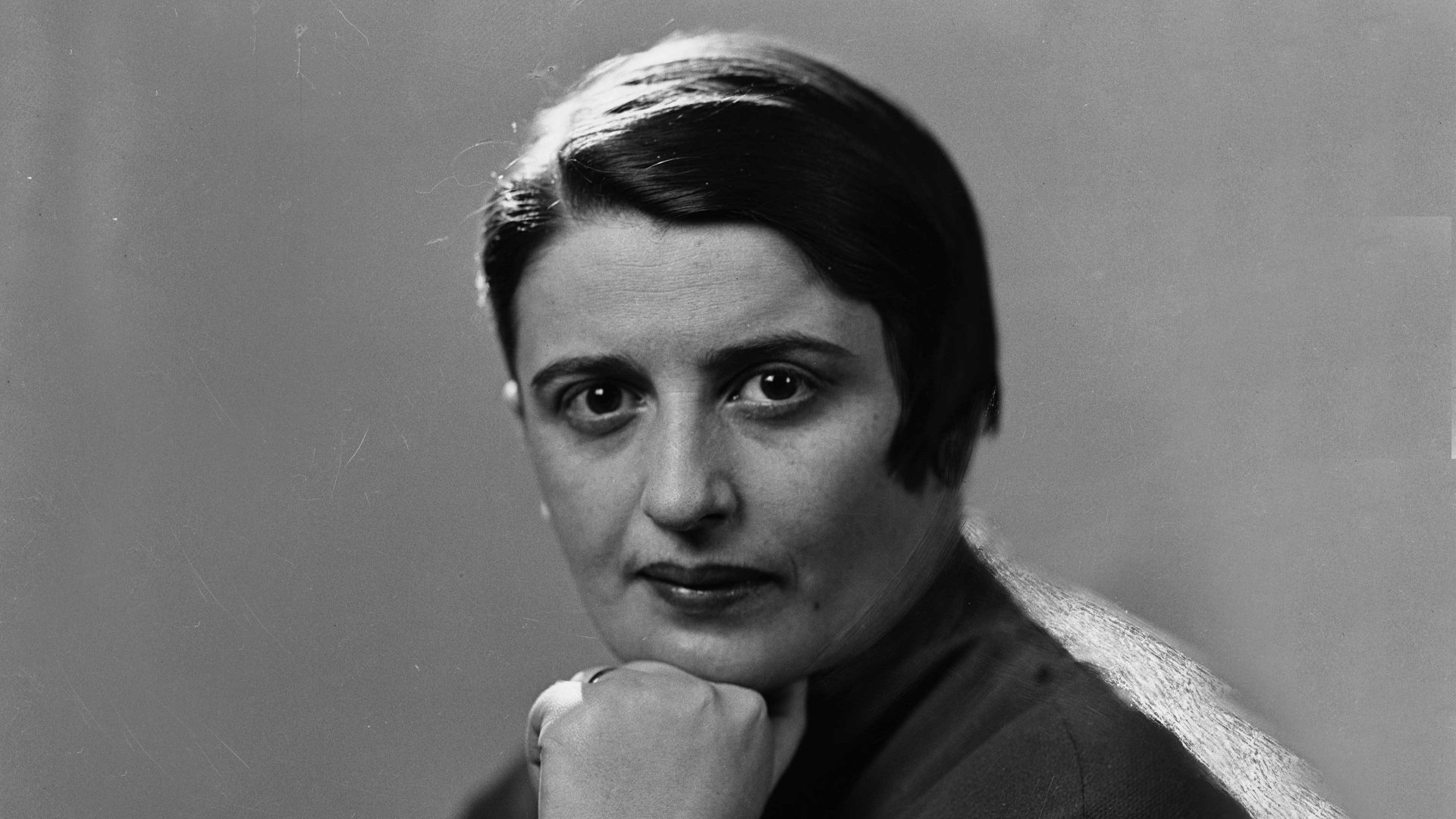Does Darwin’s evolutionary theory need a thorough revision? Even to suggest as much ruffles feathers. Recently I had a conversation with Richard Dawkins as part of his farewell tour, and I was unsurprised to find that, as far as he is concerned, modern evolutionary theory demands nothing more than a bit of tinkering around the edges. He suggested that those who today call for an “extended evolutionary synthesis” (EES) that would revise Darwin’s theory fundamentally are often little more than careerists playing to the popular enthusiasm for revolutions.
Yet I went into that conversation having just returned from a meeting in Washington DC, where some equally weighty thinkers were willing to entertain the possibility that the conventional Neodarwinian theory – the “Modern Synthesis” developed around the 1940s – is overlooking something big.
The Modern Synthesis merged Darwin’s notion of evolution by natural selection of organisms that undergo random mutations with the genetic theory of inheritance, which eventually became grounded in the picture of DNA as a molecular repository of genes.
It all seemed to fit together so well. Genes on DNA – meaning, at that point, sequences of chemical building blocks on the double helix that encode the protein molecules orchestrating the biochemical processes of our cells – incur random changes in their sequence, due for example to copying errors when DNA is replicated. These changes lead to small variations in the respective proteins that ultimately produce differences in the traits of the host organisms. Those that make the organism more likely to survive, reproduce and pass on its genes are liable to spread in a population – that’s natural selection.
All this surely happens. The question, for some biologists, is whether random mutation and natural selection of genes drives and dominates the evolutionary process, or whether other factors control the way organisms change over generations. For example, evolutionary biologist Adi Livnat claims to have evidence that genetic mutations are somehow dictated by the organism.
This is one version of a wider idea that organisms can influence changes in their genes and not vice versa. The microbiologist Jim Shapiro argues that the genome is a “read-write” system: its host cell doesn’t just consult it for protein-making codes, but is able actively to alter its own DNA sequences. The chemist Addy Pross points out that this is precisely why bacteria have the gene-editing system known as CRISPR (now used in genome-editing technologies), by means of which they can incorporate short snippets of viral DNA to help their immune systems recognise and respond to future infections. The question is whether these tricks have any true evolutionary significance: can they contribute systematically to long-term change?
Others, such as the philosopher of biology Denis Walsh, argue that the agency of organisms – the fact that they can make real choices – means that they can to some extent control the selective pressures that govern which gene variants survive over time.
“Modern evolutionary biology has dealt with the strangeness of organisms by the simple expedient of ignoring them,” he says.
They are, in Dawkins’ selfish-gene paradigm, just an offshoot (a slightly puzzling one) of changes in the genes over time: mere vehicles that genes use to copy themselves. Walsh, along with proponents of the EES, argues that organisms have an inherent agency that feeds back on the way genes and genomes change: by virtue of being able to make choices, and in particular to alter their environment and the selective pressure it exerts, organisms have a primary role in evolution. Organisms were deliberately excluded from the Modern Synthesis, says Walsh, because it simply “has no way to accommodate agents” – and is therefore an incomplete description of the living world.
My gut feeling is that the Neodarwinian view remains the best framework we currently have for understanding evolution. But I’m keeping an open mind, and agree that agency remains a lacuna (or rather, that the gene-centric view shoves it all on to genes, which are not real agents at all). The debate is, however, highly factional and fractious. Some evolutionary biologists understandably fear that “Darwin was wrong” headlines feed the sophistry of creationists and their “intelligent design” apologists. But biology is notoriously conservative about bold new ideas. I don’t think Dawkins is right to dismiss heterodox views as merely the product of self-promotion. But what the field really needs is discerning ways to put those new ideas to the experimental test.




